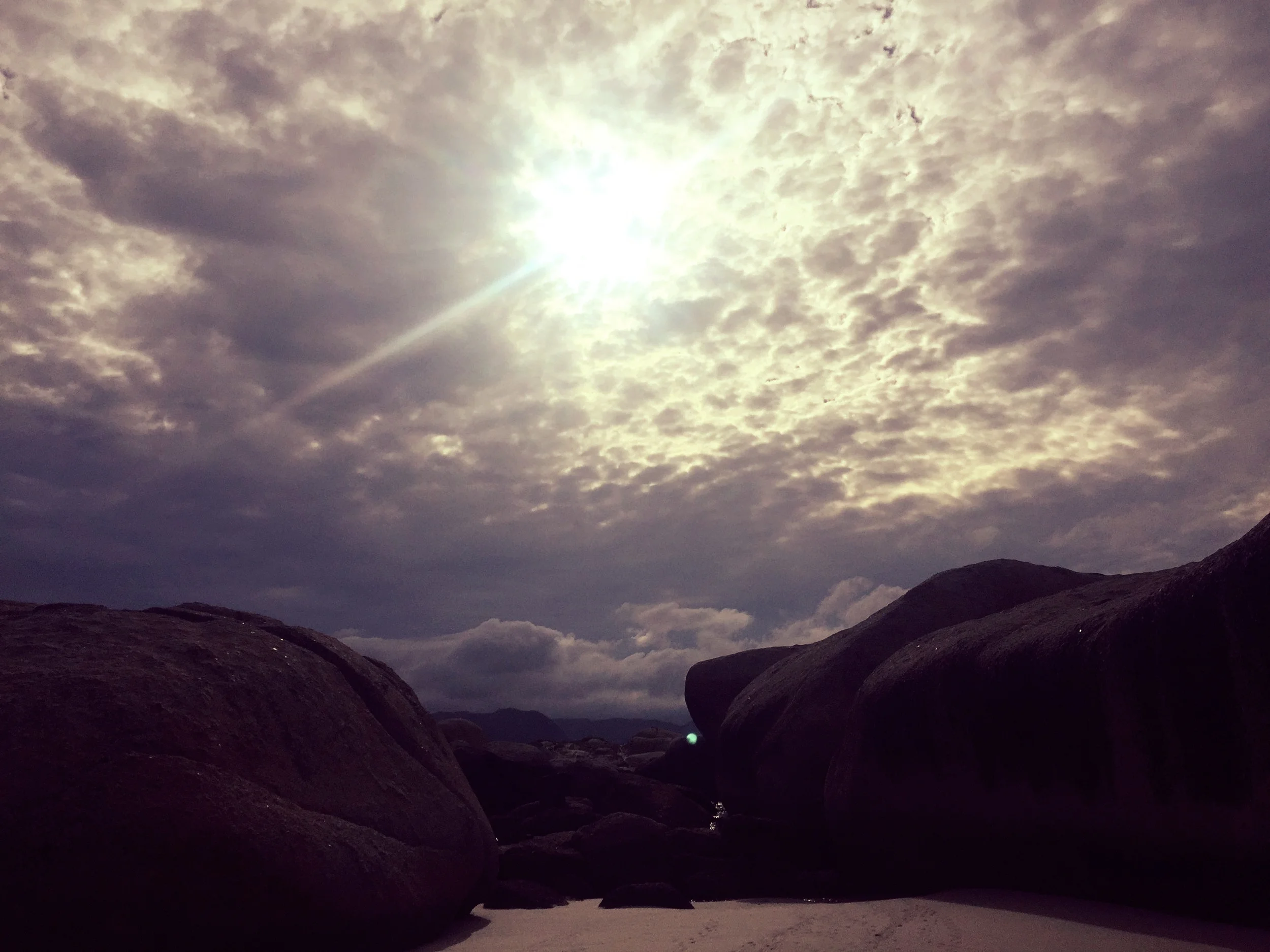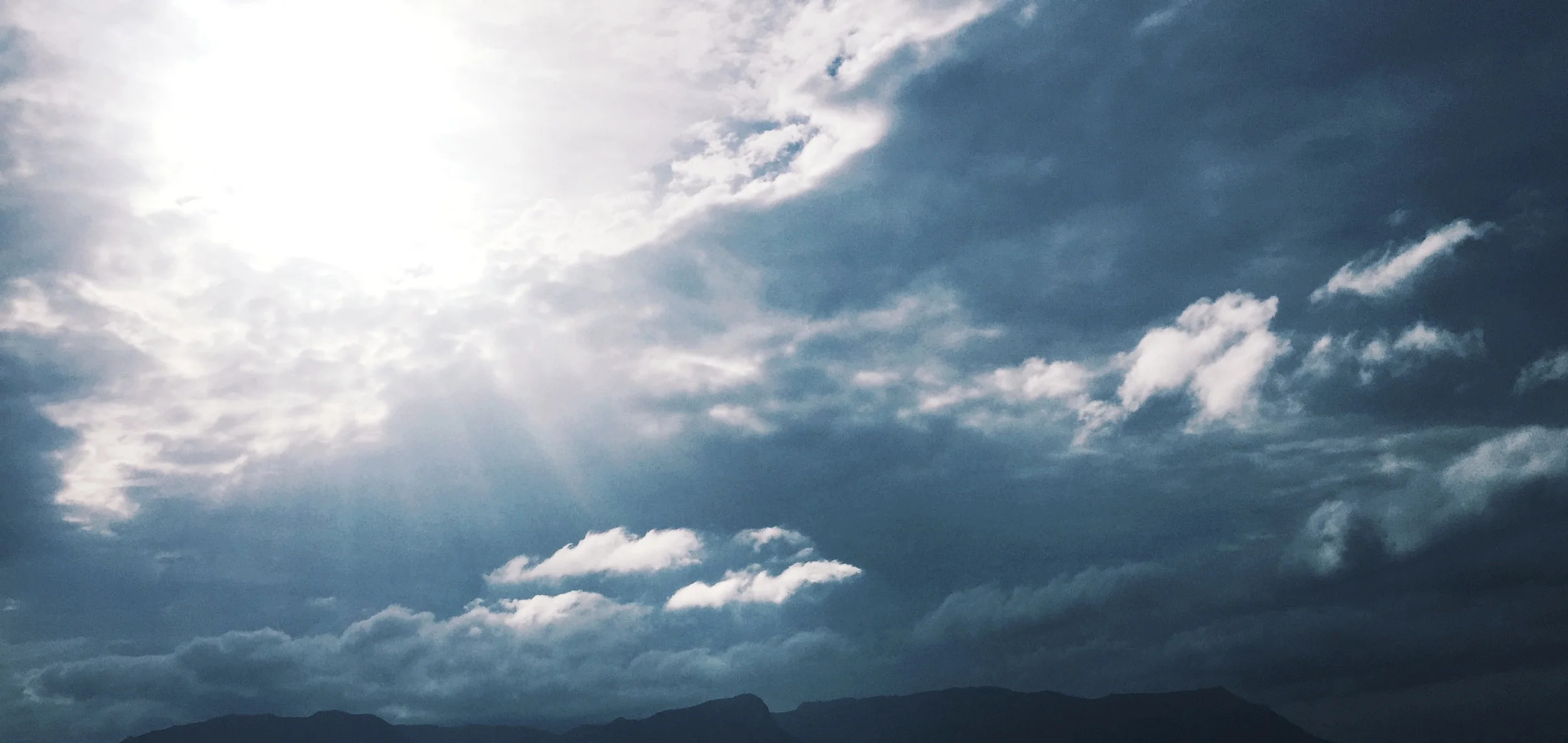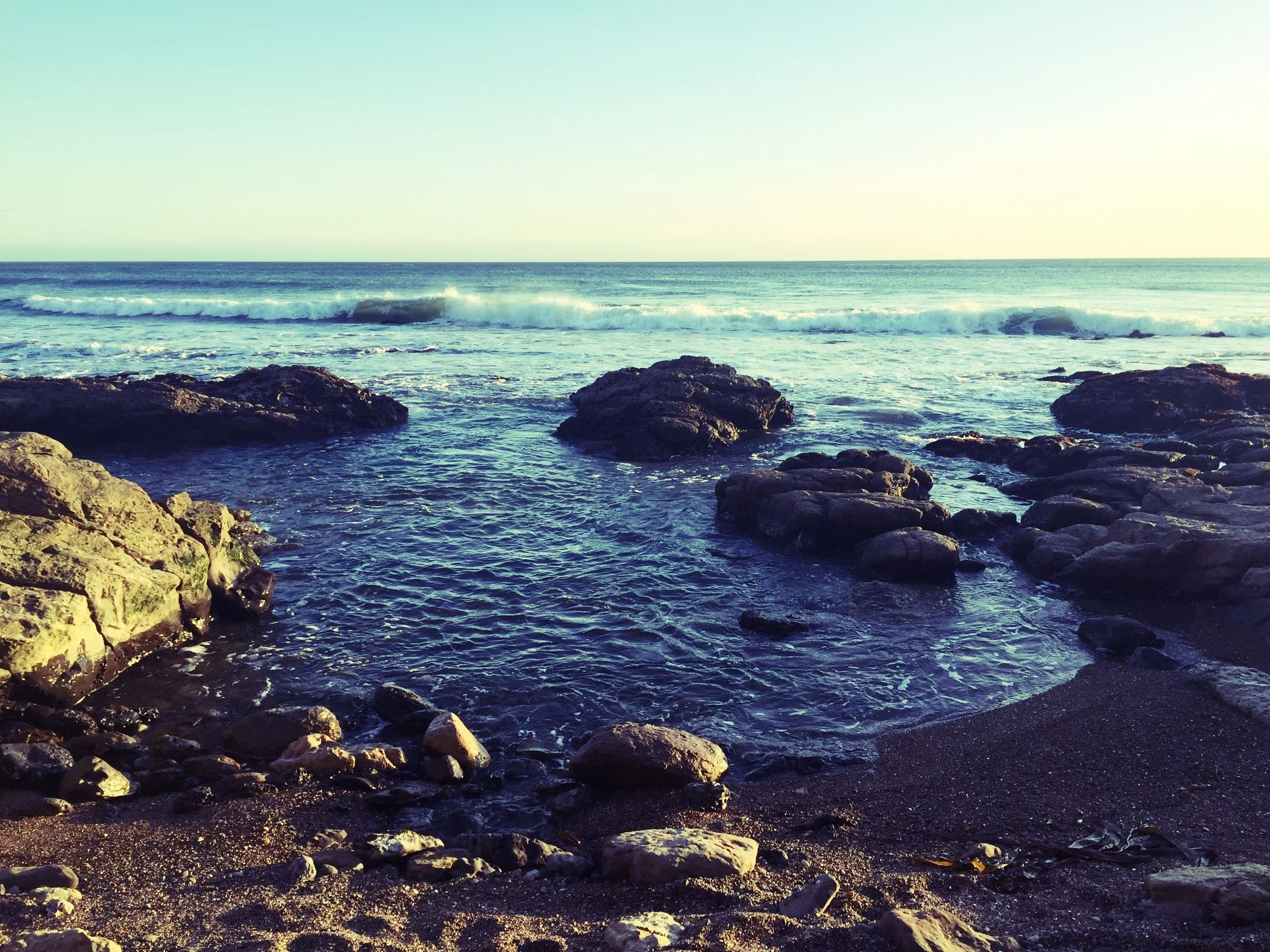Indian Aces: Awareness and Activism in India
Michael Paramo interviews Dr. Pragati Singh for The Asexual journal:
Dr. Pragati Singh is a medical doctor by qualification and has worked as a public health professional in the fields of maternal, child, and reproductive health in India. Apart from this, she also holds an interest in specific fields, such as mental health, sexual health, and sexual mental health. In her personal time, she founded Indian Aces, a collective for asexual folk in India, in 2014, in the form of a social media page. She has been working pro-bono for the asexual community in India since. Today, the collective possesses a presence in both online and offline spaces, including multiple cities in India, as well as a few outside, such as in Pakistan and Bangladesh.
From her experience and learnings garnered through working within the ace community, she has developed her own unique model on sexuality which she teaches during workshops and training sessions. Pragati Singh is also an independent researcher. Her research study on asexuality was selected for the World Association of Sexual Health congress held in Prague in 2017, where it was presented in both the poster as well as oral presentation formats. Her findings were also published in the prestigious Journal of Sexual Medicine by Elsevier. Pragati Singh joins The Asexual for an interview on her advocacy and perspectives on asexuality.
MP: What originally led you to become an advocate for ace people in India and Indian ace people abroad?
Dr. PS: Honestly, I had no idea I'd be doing what I'm doing today when I started. When I first started looking online, I remember thinking there just HAD to be some community in India. I was surprised to find out there was just nothing. Absolutely nothing. I then waited for a while, assuming someone would come up with something. Again, nothing. In the meanwhile, I'd come across many Indian folk looking for fellow ace Indians all over the global community platforms. At one point, I just went, “WTH, I'll do it.” So, I started with a modest Facebook page. That's all I knew I could do. It lay redundant for a long while, where in I would occasionally post something, and then I forgot about it altogether. Then, someone texted into the page. I realized how important it was that I continue and don't stop. It ushered me back into action again in early 2016. And there's been no looking back since. Simply put, people needed it, no one else was doing it, and I knew I could do it. Today, I can also say I really like doing it. Back then, I didn't know.
MP: How has your experience in the public health fields of maternal, child and reproductive health, as well as your background as a medical doctor by qualification, influenced and supported your work?
Dr. PS: In all my academic and professional experience, there's been little to no discourse regarding sexuality, even though I've studied medicine and worked in reproductive health. This is pretty much the norm here. Sexuality just isn't in the forefront yet. We still have mothers and neonates dying from sepsis, diarrhea, and hemorrhage. Sexual health just isn't a priority. In fact, whatever understanding I have of sexuality today, is honestly in SPITE of my medical education. That being said, I feel like my qualification helps add credibility to the cases I make. Such as, me saying that hormonal imbalance does have an effect on libido or that certain medications do affect arousal, probably doesn't sound as far-fetched to my audience as it would if I were not a doctor.
MP: What is the Indian Aces and what is the story behind its creation?
Dr. PS: Today we are a self/non-funded, award-winning collective for asexual folk (or those on the spectrum) from or in India (or the Indian subcontinent). Started in 2014 and relaunched in early 2016, the community has grown by leaps and bounds. It serves as an online community platform, generating awareness, and receiving new members into their secret group on Facebook. Members also participate and represent in various LGBTQIA+ events and platforms that have so far been devoid of representation from the asexual community in India. We organize meetups for community members all over the country and have been able to do a few internationally too. We conduct independent research on the subject, and conduct workshops for professionals and allies and aces to understand sexuality and asexuality.
MP: How is asexuality in the Indian, or larger South Asian context, uniquely challenging?
Dr. PS: I'll speak mostly for the Indian subcontinent, though there are many similarities in all South-Asian cultures. Sexuality is a hugely taboo topic in India. This is not limited to personal spaces, but even academic and professional spaces. Additionally, the many other problems of third-world countries take precedence over sexuality-related issues, which are largely considered unimportant or at least non-critical. Never mind the fact that we have the world's largest youth population. Never mind the fact that sexual harassment and abuse is rampant in our nation. Never mind that marital rape is not considered rape as such in Indian law. To top all of this, there is no real sex-ed in our educational institutes, and the pressure to get married, by age 25 for women and age 30 for men, is huge in our culture. All of this basically means that for someone who's asexual in India, their adolescence would be a period of great confusion, owing to the lack of awareness and agency available right now. Their youth may probably be marred with unhealthy, broken relationships, with multiple failed attempts at having a “normal” youth experience. Then possibly getting married to an increasingly resentful partner, or worse, an abusive one.
MP: You have been leading workshops and talks on asexuality recently, such as an “Asexuality 101" workshop in New Delhi and a presentation at the World Association for Sexual Health in Prague. What have you found most inspiring about all of the important work you are doing?
Dr. PS: The best part of all of what I do, hands down, is the fact that people need it. It is evident to me that I mustn't stop, because people are constantly writing in to me asking for help, guidance, and a sense of belonging to a community. I constantly receive messages of appreciation and gratitude from people who felt alone and out of place for the longest time. There's nothing else that could motivate me the way that that does.
MP: From October 22nd to October 28th, you held several events for Asexuality Awareness Week. What are some particular challenges you have faced amplifying asexuality?
Dr. PS: In India, there is/was no real awareness on the subject of asexuality for the longest time. Somehow, in the past year or so, it has suddenly become a topic of great interest. This might sound like a great thing, but it's actually quite counterproductive because a lot of the information that's being peddled out is actually misinformation. They're feeding into all the myths about asexuality that I've worked so hard to erase for so long. It seems like media houses are all in a hurry to cover this “trendy” subject and are causing harm to the cause in return.
MP: What are your aspirations for the future of Indian Aces?
Dr. PS: I want the collective to become more widespread and community-led. While I'd always want to spearhead it, I wish more members would take it up as passionately as I do and take it up in whichever capacity they can. I've also been sitting on a matchmaking tool for the longest time, but again, it's hard to do everything alone, especially in the lack of funds.
MP: Thank you so much for your time, your advocacy, as well as for offering your perspectives on Indian Aces and asexuality for this issue.
Website: www.IndianAces.info
Facebook: www.fb.com/IndianAces
Twitter: @IndianAces_
Email: IndianAcesFTW@gmail.com





